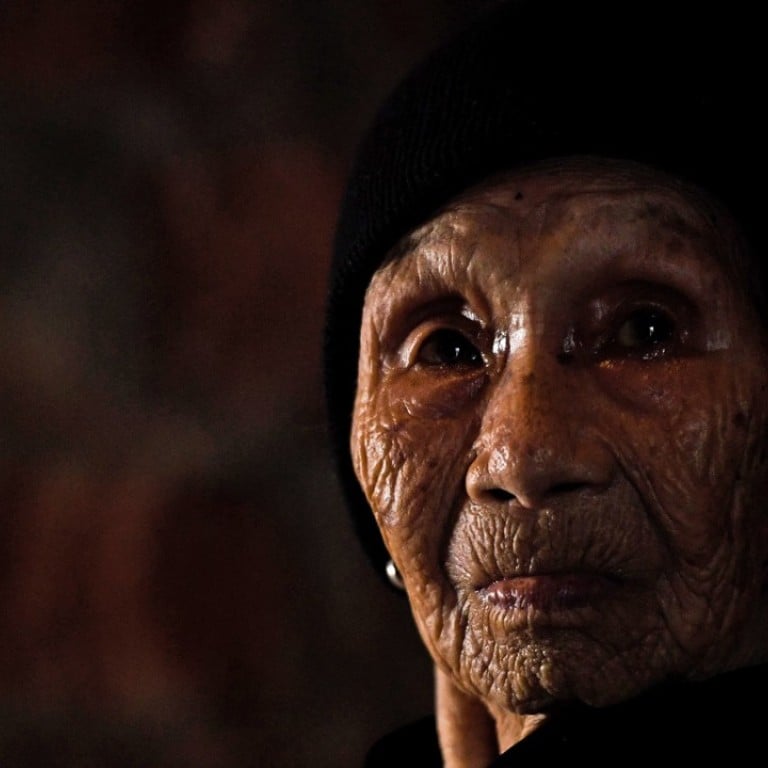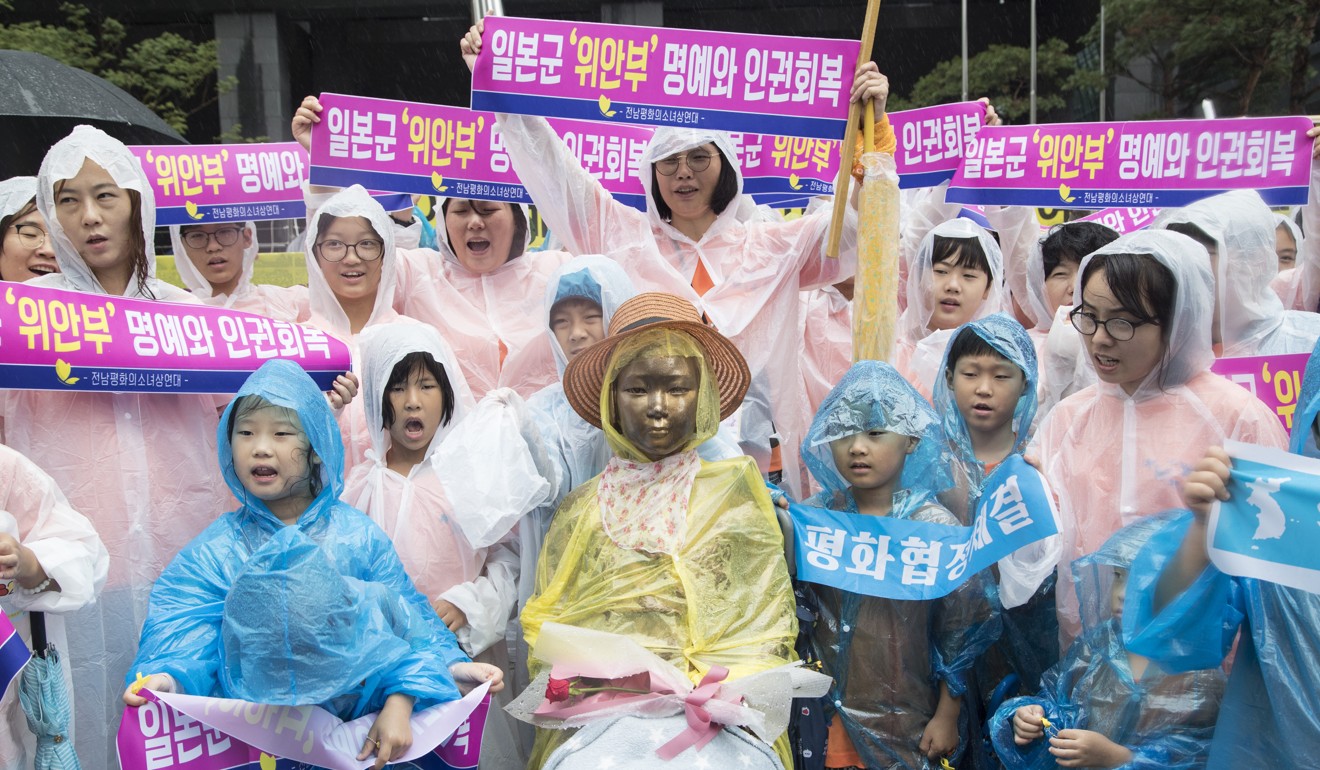
Why is it so hard for Japan to say sorry?
Last surviving Chinese woman to sue the Japanese government for sex slavery suffered during the second world war died last week. Yet, instead of a sincere apology from Tokyo, Japan’s leader chose to honour country’s war criminals
Huang lived to be 90, but the psychological and physical abuse she suffered plagued her until the end of her life. Huang never received the formal apology and compensation she and seven others sought from a Japanese court.
Time has passed, but the wounds have not healed. Japan must do more for the victims of this dark chapter in its history.
The emotive issue of Japanese wartime atrocities continues to undermine relations between Tokyo and its neighbours. It has fuelled nationalist sentiment in China and Japan, risking a dangerous escalation. Huang died two days before International Memorial Day for comfort women.


